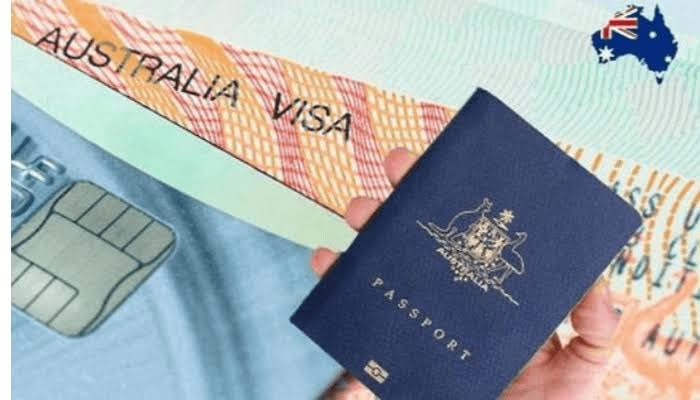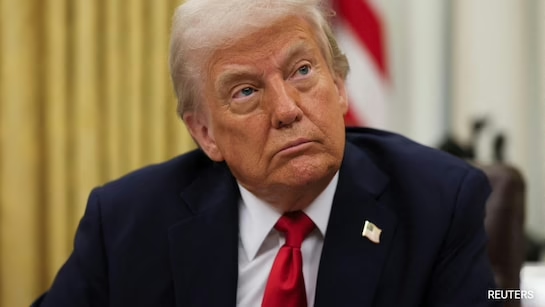Nigerian students planning to study in Australia may soon face visa application fees exceeding N2 million, as the Australian government considers raising the cost from AUD$1,600 to AUD$2,000 — approximately N2,054,480 at the current exchange rate.
This comes less than a year after the fee was increased from AUD$710 to AUD$1,600 in July 2024, marking a staggering 125% jump.
Australia’s opposition leader, Peter Dutton, has proposed an even steeper increase. Under his coalition’s plan, students applying to the prestigious Group of Eight (Go8) universities would pay AUD$5,000, while applicants to other schools would be charged AUD$2,500.
The proposed hikes have sparked widespread concern, especially as they come ahead of Australia’s federal election scheduled for May 3.
Critics argued the increases could make Australia the most expensive destination in the world for international students.
According to English Australia, an industry body representing language schools, the current AUD$1,600 fee is already twice the UK’s rate, four times that of the United States, and nearly 10 times higher than what Canada charges.
The organisation warned that the rising costs are already discouraging enrolment, with a 50% drop recorded in short-term English language courses (ELICOS).
In response, English Australia is calling for a reduction in visa fees for courses lasting under 12 months, proposing a more affordable rate below AUD$800.
Industry stakeholders have also expressed concern over the impact on Australia’s global competitiveness.
Phil Honeywood, Chief Executive Officer of the International Education Association of Australia (IEAA), urged the government to offer a 50% discount on visa fees for short-term courses to prevent further decline.
Despite the criticism, Education Minister Kay Gallagher defended the proposed fee increase, describing it as a “sensible measure” that reflects the true value of studying in Australia.
As the election draws closer, visa policy has become a key topic in the political debate. While the ruling Labour party advocates a balanced approach that encourages dialogue, the opposition’s tougher stance could significantly reshape Australia’s international education landscape.











Leave a Reply